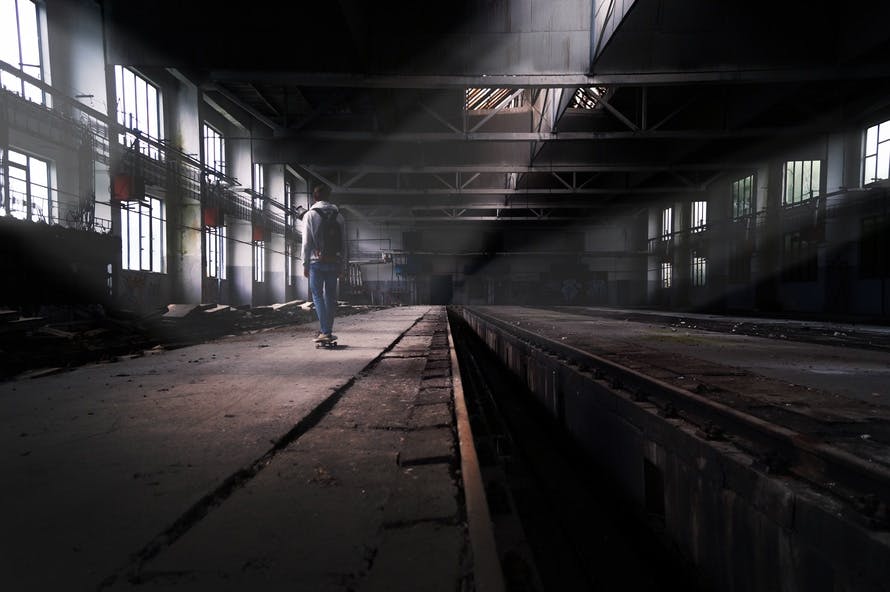Today's theme is going to revolve around both the portrayal of gender in games themselves and the stigma surrounding gaming, as a whole, being more of a male hobby. While I am not going to go into an entire rant surrounding how ridiculous the stereotype of the "gamer girl" is or bash games that definitely cater to a single gender, I would like to go into how gender portrayal works in its relationship to our society.
 |
| Image Credit: Unsplash |
As with all mediums of art and literature, societal and cultural portrayals are everywhere, from religious customs and social cues to the way that we separate and categorize each other. While most games suffer under the same overpowered male protagonist saving oversexualized damsels in perpetual distress, today's consumers are becoming a little more hesitant when it comes to taking archaic gender roles seriously.
Even though I don't want to focus solely on the female side of gaming, as a girl I am definitely more perceptive when something is "off" in this regard. A character with almost no clothes on in the middle of a battlefield, no matter the gender, irks me almost as much as those annoying missions where you are forced to escort a defenseless side-character to safety, like in Resident Evil 4. Ashley Graham and her obnoxious pleas aside, the portrayal of women in games has generally been unfavorable, painting the entire female gender as whining children in need of a hand to hold and a large sweater.
While I can go on arguing how little protection some "armor" actually has in a majority of MMOs for female characters, the male counterpart is just as ridiculous. To make up for their weak female counterpart, the manliest of male protagonists have to be almost god-like in their fortitude and patience. So while the bar for females is set dangerously low, men, if they are to actually believe the stereotypes surrounding them, are trying to represent an impossible standard.
And it is these standards that also reflect which types of games are advertised for who. While the female stereotype leaves us with those terrible online dress-up games and the "gamer girl" stereotype, men are left with all the negative stigmas that surround the basement dwelling loner image. Wrong and insulting to both, it is evident that all individuals who game have a type of characterization impacted by and reflected through society, media and game manufacturers.
However, as gaming is a newer medium compared to literature, the obtuse gender roles implemented previously are not usually as evident, unless the story is set within a specific time period or sending a message. So while the portrayal of gender may not be described by many as a theme, I believe that its relevance to a games' story, or lack thereof, is still extremely important as a means of dissecting the medium's reflection of society. Overall, just don't be that person who comments on someone's gender in a match, because everyone is usually there to just have fun and play the game.
This topic is extremely broad compared to my previous posts, so you guys can decide which aspect you want to focus on. How do you guys feel about gender stereotypes in games, or really any of type of medium? Do you ever feel odd buying something that is advertised for the opposite gender? While that question opens up a whole different conversation about how media and advertising affects people, I remember always getting strange looks as a kid when I would ask for the boy instead of the girl toy, so it is kinda relevant. Whether it was choosing Pokémon over Hello Kitty toys as a kid or buying fighting games instead of Wii cooking, I have always felt games which cater to only girls are strange and market more for children. What do you guys think about this topic?
I hope everyone has a wonderful day and thanks so much for reading.
SS






